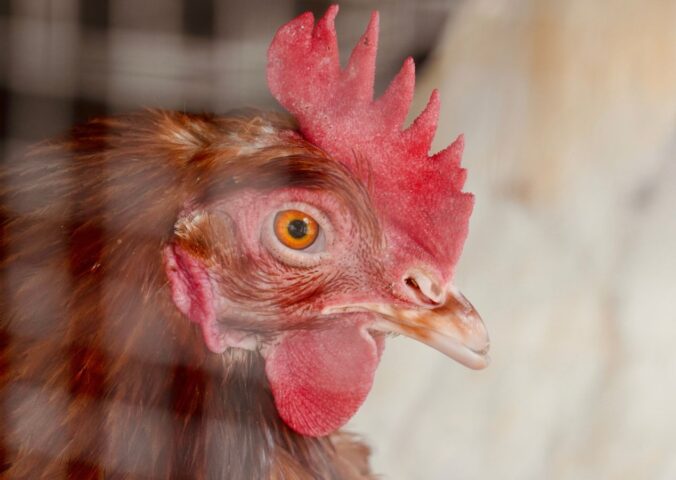Loss of Earth’s oldest and largest animals is having a negative impact on species survival, according to a new study.
Read more: Britain’s Wild Bird Numbers Keep Dropping
It’s understood that elephants, primates, whales, and other pack animals often rely on the older generations to pass down knowledge and maintain social structures. In elephant communities, for example, it is the older females who are best equipped to recognize potential dangers. Under the “grandmother hypothesis,” it’s also believed that, much like humans, some animals like elephants and orcas help their children care for their own offspring.
These “old, wise” animals play a key role in their communities. But they are also quickly declining, the research warns.
Wildlife numbers are decreasing all over the world. Many animals don’t make it to old age, and those who do are prime targets for hunters as they are larger, and may have big tusks or horns.
Read more: Scientists Capture Footage Of Octopuses And Fishes Hunting Cooperatively
‘Cultural transmission’

Culture is often associated with humans, rather than non-human animals, but this study adds to a growing body of research indicating that animal lives are considerably more complex than we think. The researchers highlight the concept of “cultural transmission,” meaning animals are passing on knowledge to each other.
“A term that has definitely pretty much only been used for people in the past is ‘wisdom’, and we’ve used that term – wise – in the title [of the study],” researcher Keller Kopf said, as reported by the Guardian. He, alongside his co-authors, is calling for greater legal protections for older animals to help species survive in an increasingly threatening environment. “Old animals play a vital role in the maintenance of biodiversity and ecosystem services and therefore … require dedicated policy directives, political motivation and careful management,” the authors said.
Animal agriculture is a leading cause of biodiversity loss and species extinction. It uses around 75 percent of agricultural land, which has destroyed habitats and displaced wildlife. A study published last year found that plant-based diets cut wildlife destruction by 66 percent.
Read more: Chimpanzees Seen ‘Self-Medicating’ With Healing Plants






